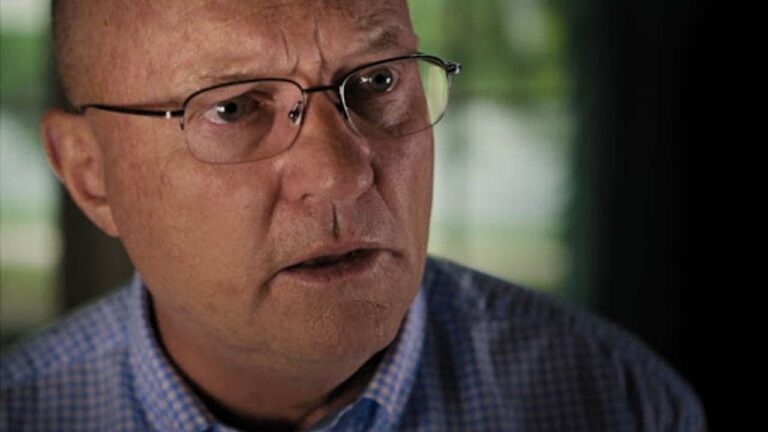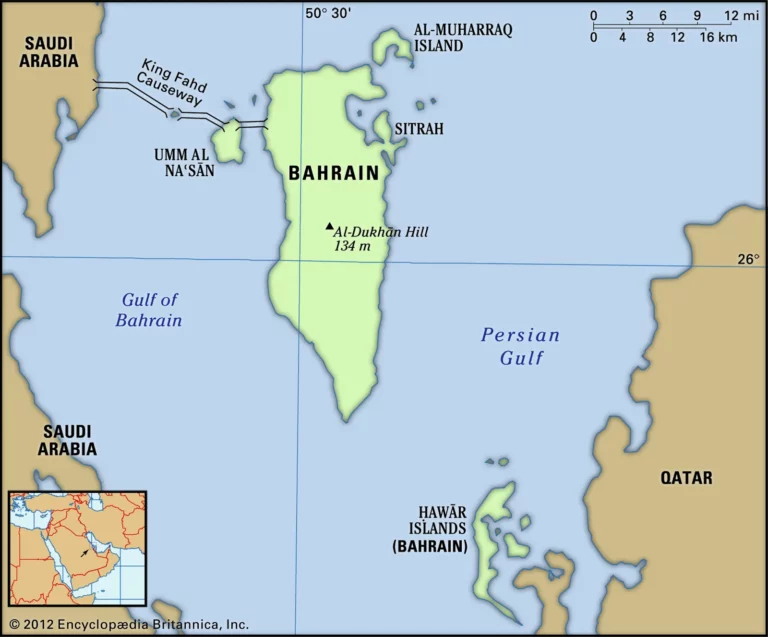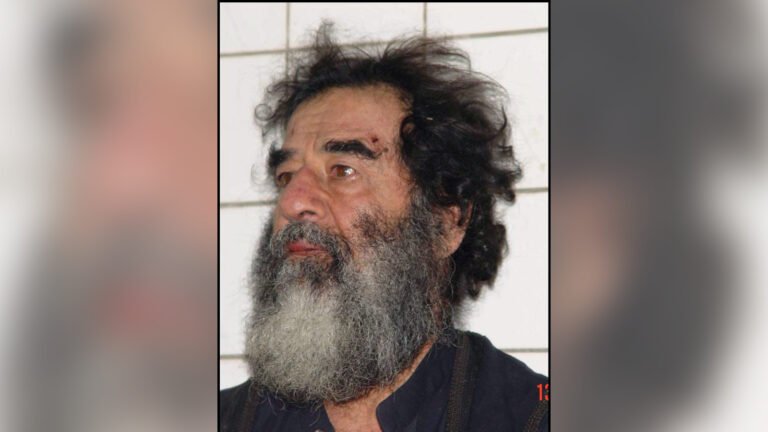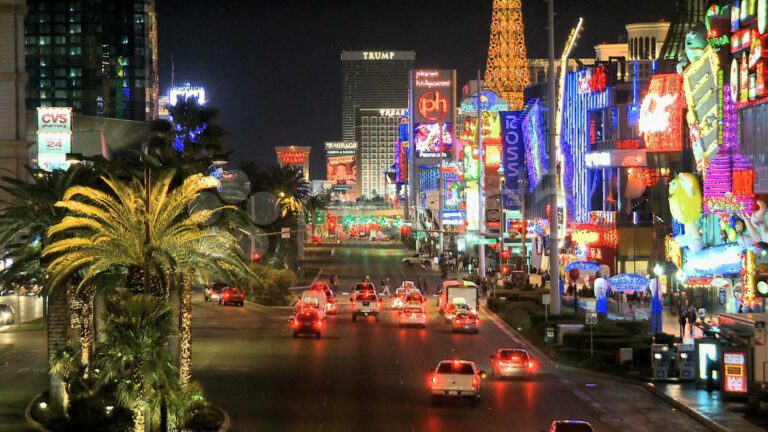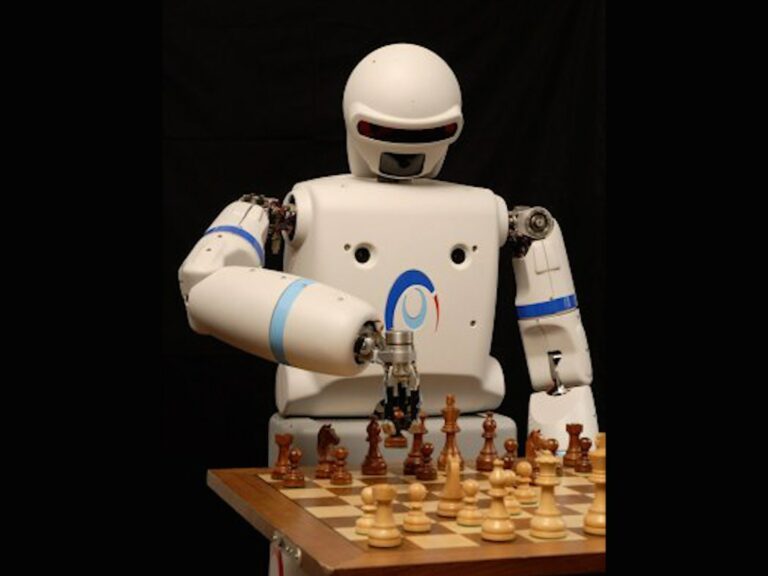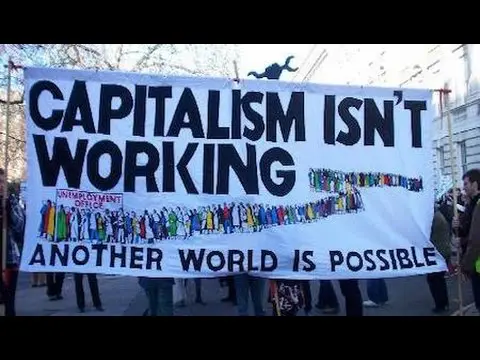Podcast: Play in new window | Download | Embed
Subscribe Apple Podcasts | Spotify | Android | iHeartRadio | Blubrry | Email | TuneIn | Deezer | RSS
On Reality Asserts Itself, actor Gabriel Byrne says that in the ’70s, being Irish in London was like being a Muslim now; PM Thatcher’s campaign to crush the miners union in 1984 helped him understand how the media were anti-working class and anti-union – with host Paul Jay. This is an episode of Reality Asserts Itself, produced December 24, 2017.
STORY TRANSCRIPT
PAUL JAY: Welcome back to Reality Asserts Itself on The Real News Network. I’m Paul Jay.
Gabriel Byrne is an actor, who actors respect. He once talked about, there’s actors who are brands, and there’s actors who have craft, and Gabriel Byrne is one of the people that have craft. He’s one of the actors, actors like to watch. He’s been in more than 35 films. He produced a very important film called ‘In the Name of the Father,’ which was nominated for six academy awards.
And as I mentioned in part one of this interview, and if you haven’t watched part one of this interview, I would suggest go watch it and come back. He’s very passionate on the issue of climate change and social justice, and such, and we are going to get into those issues, but to begin with, as we do when Reality Asserts Itself, we’re telling Gabriel’s personal story, and Gabriel now joins us in the studio again.
Thanks very much.
GABRIEL BYRNE: Thanks Paul.
PAUL JAY: So, we left off, you’re on your way in London, around 11 years old, to becoming a priest, and you don’t. Something changes your mind, and talk about the arc of deciding this isn’t your path and sort of coming to a more politically conscious way of looking at the world.
GABRIEL BYRNE: I think that my time in the seminary coincided with the advent of the so-called swing 60s, which was two hours down the road. And I remember at night time in the dormitory, I would stand at the window and watch the train going through the woods, that just these lighted windows going through the woods, and that train was going to London. And I began to think, “Well, that would be amazing to be on that train,” and I began to really think about that.
PAUL JAY: And you’re in a seminary.
GABRIEL BYRNE: I’m in a seminary, yeah. Without being hyper-conscious of the fact that I was having normal worldly thoughts, and I remember…
PAUL JAY: Of the flesh.
GABRIEL BYRNE: Of the flesh. Yes. Of the flesh. They brought this drama group to the seminary one day to perform a play. And again, I suppose, having talked about my roots in the church, in the early days in the church, my mother brought me to the theater a lot, and to the cinema.
And here was this play that was performed in the seminary. It was one of those old whodunits, you know, but the central actress in it was a very beautiful girl in a gabardine coat, and she, in my mind, started to meld with the lighted train to London, and the play, itself. I was completely compelled by just watching the play, and the lights, and the actors and so forth.
PAUL JAY: Feel guilty about this?
GABRIEL BYRNE: No.
PAUL JAY: You’re going to go to hell?
GABRIEL BYRNE: No. I mean, a sin was defined as in thought, word or deed.
PAUL JAY: Yeah. This is an impure thought here.
GABRIEL BYRNE: An impure thought, so, you know. The idea of sin became absolutely irresistible, and hugely exciting because everything was forbidden. But you couldn’t think anything, because even if you thought something, that was as bad as doing something.
So, there was no way to turn. I remember when this woman came out with all the other actors to get on the bus to go home, to go back to sinful, exotic, wherever, London probably, she turned and she waved. I thought, “She’s waving to me and she’s telling me something.”. Of course I didn’t realize there was like a hundred other guys hanging out the windows as well.
But that was the beginning of my unease. And then I started to talk to other guys who were there. There was one particular guy, they used to call him “the commie”, and this guy, even though he remained in the seminary after I had left…
PAUL JAY: Another kid.
GABRIEL BYRNE: Another kid, yeah. He used to say things like, “Did you know that Stalin wanted to be a priest, and that the reason he decided to leave the priesthood was that he went up a hill one day, and he cursed God and he said, “If you’re up there, do something because I’m going to curse you. And if I don’t hear anything back, I’ll know you’re not really there.” He told me this story. I don’t know how true it is, but Stalin did, at one stage, harbor designs on the priesthood.
PAUL JAY: I did that once. I wasn’t planning to be a priest, but I said, “Blow up this mailbox, because if you don’t blow it up, you’re not there.”
GABRIEL BYRNE: Yes. So, there was no answer for Stalin, or indeed, for me when I started to, it’s funny how prayer started to feel empty. I didn’t hear any voice back anymore. I began to doubt things, and I remember this guy saying to me, “One of the most powerful figures in religious iconography, is the doubting Thomas, the guy who puts his finger into the wound of Christ.”
He said, “I think you’re a doubting Thomas,” he said to me. I started to become disillusioned and it wasn’t because I had an intense philosophical or intellectual kind of road to Damascus situation. It was because the flash parts of London, football, girls, the world was calling me in the same way that I had thought God was calling me, except this voice was now much more insistent.
And so, I came back to Dublin at 15, and I was essentially a failed priest, and my father didn’t know what to do with me and he said, “The only thing you can do now is get a trade, so you’ll have to become a plumber.”
I had no idea what that involved but he got me a job through a friend of his as a plumber, and I found myself in a big boiler suit with wrenches, and hammers, and down unplugging toilets at 8 a.m and thinking, “My God. This is my life now.”
I saved up. I bought myself my first suit. I bought my first bicycle and I started to read. And I guess I started to read because I was looking for myself in books. I was looking for somebody who would reflect back to me what I thought was my unique way of looking at the world, and if I could find that, then maybe I could see that I was OK. I began reading local Irish novels and I graduated from there to, because I had been educated in English literature, and later on, I branched out to…
PAUL JAY: Did you feel like you’d let your parents down?
GABRIEL BYRNE: Oh, yeah. Oh, yeah. When I came back, I was, there was a kind of a silence around it, in that I had failed in some way. My mother never outright said anything but I know she was disappointed, and I think my father was probably happy that it hadn’t gone on because I remember the day I was leaving to go to London. You had to get the boat, and then a train, and one of the neighbors said he would drive us to the boat. And all the neighbors were out to say goodbye, and there was a fog, I remember, and somebody was saying, “Well, you know, I don’t know if that boat’s going to go tonight because of the fog.”
And somebody said, “Where’s your father?” And my mother said, “Oh. He’s working late.” Because of the fog, the departure time to the boat was delayed, so my father came back and we were still there. He said to me, “Be sure now you look after yourself, and write now, and your mother will be worried about you, and I’m going in,” and he went inside, into the house.
And we got into the car, and my mother said, “Have you got everything?” and I said, “Oh. I forgot my comics,” and I went back into the house to get my comics, and I went into the sitting room and my father was behind the door, crying.
PAUL JAY: What age is this?
GABRIEL BYRNE: I was 11 at the time.
PAUL JAY: Well, this was when you were heading off to the seminary.
GABRIEL BYRNE: Yeah, when I was heading off to the seminary. So, I think that he was glad that it hadn’t worked out.
PAUL JAY: Because you were back home.
GABRIEL BYRNE: Because I was back home.
PAUL JAY: But then you do go to London.
GABRIEL BYRNE: And then I went to London. I went to university, and then I went to London. I became a teacher first, and…
PAUL JAY: You taught for seven years?
GABRIEL BYRNE: I taught for seven years.
PAUL JAY: When do you start to get a consciousness that this isn’t just the world that you grew up in in Ireland, and it’s not just the world of the church? You say Bay of Pigs crisis kind of asserted itself in your world but when did you start looking at things more politically?
GABRIEL BYRNE: I think it began when I was teaching. I began to question the method of imparting knowledge, and what that knowledge actually was and my place in that. I realized that what I was doing was basically repeating what had done to me. I was telling people, “This is the way it is and there’s no other dimension to this. Here are the facts that you need to ingest in order to pass the examination.”
There was no sense of any encouragement to think critically. You were asked to absorb the facts and that was it. And the better you absorbed the facts, and regurgitated them, the more successful you were as a student. But I discovered there, as a teacher, I discovered that, I used to take my kids to plays and cinema, like my mother had–
PAUL JAY: Where are we now, late ’70s?
GABRIEL BYRNE: Yeah, that would have been mid ’70s. Mid ’70s. And the kids asked me if I’d start a drama class. I knew nothing about drama, but I understood immediately that the difference between those kids and the way they reacted in drama, where the restraints were off and they felt that they could be themselves, and they could act out their home lives, their relationships, and so forth, in the form of drama, was a revelation to me.
And I understood that they did not like the way they were taught, and I didn’t like the way I was teaching them. But in drama, we were all free. It was wonderful to watch them, and as a result of that, I started to think about drama in my own life, and I left teaching, and I became an actor in Dublin. After some success there in the theater, I left and I went to London and I think that in my late 20s, going to London was the beginning of my … I don’t know what you would call it, waking up, or putting…
PAUL JAY: You hit London in, or not long before, the Thatcher years?
GABRIEL BYRNE: Yeah. I went …
PAUL JAY: Let me just say for younger viewers who don’t know, Margaret Thatcher was prime minister, do you remember the year?
GABRIEL BYRNE: Yeah. She was prime minister from about 1980 to 1997, I think.
PAUL JAY: More or less, coincided with Ronald Reagan’s presidency, and it’s the coming of very conservative government in the United Kingdom, and undoing a lot of the kind of social safety net policies in the UK, and of course, the big coal strike.
GABRIEL BYRNE: Yeah. It was an intensely political time in Britain. There were huge social political changes then. Thatcher was the leader of the Conservative party, the nearest I suppose you’d have with the Republican party, extremely conservative, introduced neo-liberal economics to Britain, was determined to smash the trade union movement and did that with the help of Rupert Murdoch, who joined her in a concerted campaign to really demolish union power.
And the first example of that was when Rupert Murdoch bought the Sun Newspaper, and I think the Times. I’m not sure, but the Sun, definitely, and he immediately fired all these people who had worked there for years, and he moved his operations out of where they had been at Fleet Street, down to this place called Wapping, and he built huge walls around it, and he automated the presses and so forth. He was encouraged and facilitated in this by Thatcher.
The next big strike was the union strike, the coal strike and Thatcher understood that if she smashed the miners, who were the most powerful union at that time, no other union would really have any real power. The campaign of vitriol against working people at that time was really horrendous. Every single television station or radio station or newspaper that you picked up vilified these men who were losing their…
PAUL JAY: As this, or just before this, where are your politics? What are you thinking in terms of these kinds of class issues, as you get to London?
GABRIEL BYRNE: I never understood that I was really, first of all, it sounds strange to say but I didn’t know I was really, I mean, I was Irish obviously, but I didn’t know I was Irish in relation to another group of people or that being Irish had an identity that other people had very, sometimes very aggressive attitudes toward.
Because this was also the time of the, in 1969, just to fill people in who might not know this, was the real beginning of the conflict in the north of Ireland and the rise of the IRA campaign, which the IRA took to the British mainland, and they had a series of bombings around Britain and it made it very, very difficult to be Irish. You spoke with an Irish accent, you had to be very, very careful, because you were associated with terrorism.
PAUL JAY: Like being a Muslim, now.
GABRIEL BYRNE: Yes. Exactly. It was not dissimilar. So, you became acutely aware of your identity. You became acutely aware of your accent, which was something I hadn’t been up to then.
I suppose I started to wake up there. I was friends with a guy who was a lecturer in communications, and we used to sit in the pub and watch the coverage of the miners’ strike. He would say, “Now watch this. Watch the way this is presented.”
So, you’d have the miners shot with a handheld camera, so it was chaotic. They’d leave in the worst moments, say, of a guy hitting a car with a placard or shouting. And they would shoot them in a particular way, so that in some cases, they looked kind of unruly, and so forth.
And then the news broadcast always ended in a bookline studio with the head of the coal board speaking very softly and saying, “These people are anarchists, and they are determined to destabilize this country by, et cetera, et cetera.” So, the police came in and attacked the miners. I remember going through the underground stations and seeing miners spat on by people. I thought to myself, “These are guys who are just trying to put food on the table.” The newspapers have no sympathy with them, television constantly anti-union, anti-working class. Thatcher was on, talking about how law and order had to be restored.
The other major event that happened there, was the invasion of the Falklands, which is a tiny set of islands off the coast of Argentina, which Britain somehow, I don’t know how but they claimed ownership of these islands, and they were determined that the Argentinians were not going to have them.
I think the junta, the Argentinian junta, was in power at the time and Thatcher started a war to get the Falklands back. The coverage of that, I’ve never forgotten. There was a ship called the Belgrano, which I think was a submarine, which was attacked by the British navy and as they were going away, they were incinerated by a bomb that just, everybody on board died. The headline in Rupert Murdoch’s paper, the next day, with a crowing Margaret Thatcher, was, “Gotcha.”
PAUL JAY: Now most of the population, now I will use the word, bought into this. Thatcher gets reelected, even amongst the British working class, there’s big divisions, even in terms of the coal miners. A lot of people are, workers are saying, “You guys are just disrupting. You guys have it good enough. You’re going to destroy the coal mines,” and so on, and so on. How come you didn’t?
GABRIEL BYRNE: How come I didn’t …
PAUL JAY: Go along with the media coverage. How is it you’re looking at this critically?
GABRIEL BYRNE: Because I knew what was going on underground. I knew people who were involved in those strikes, and they were people that I had listened to and I had understood. I understood what that fight was about. At that time, I was even seeking an alternative of information. I was reading a paper called the Morning Star, which is regarded as the so-called, the communist newspaper of, I went there to see what these people were actually talking about.
And then my friend, who is a communications expert, was showing me how news was presented, how the Falklands war was presented, how the miners’ strike was presented, how neoliberal economics were being put on to people, who was on television, who was talking, and most importantly, who wasn’t on television, or on radio, and what, not even so much as what was printed in newspapers but what was not printed. And who were the people whose voice you never heard?
So, he made me very aware of how information was presented, and it was a huge learning process for me because then I started to understand, that the real point of education is to get people to think critically over there because that man educated me. I started to think critically about things I had accepted before, and I realized that in order to come to some kind of an understanding about the way you see the world yourself, you had to be critical about what you were presented with, and you couldn’t just ingest everything that was presented to you. So, I started to think critically about newspapers, television, radio, politics, even theater and cinema.
While you are here, we want to make sure you know how vital the support of people like you is to our work.
As 2021 unfolds, uncompromising and relentlessly critical journalism that gets to the roots of the crises we are facing will be more important than ever. We don’t rely on advertising to fund our work—we rely on our readers and viewers.
If you want to help us keep producing more of the radically independent news and in-depth analysis The Real News provides, please consider making a tax-deductible donation or becoming a monthly sustainer.
MAYBE LATER
PAUL JAY: Well, in the next segment of the interview, we’ll talk about thinking critically, even about religion and Irish nationalism and where that leads you. So, please join us for the next segment of our series of interviews with Gabriel Byrne on The Real News Network.

